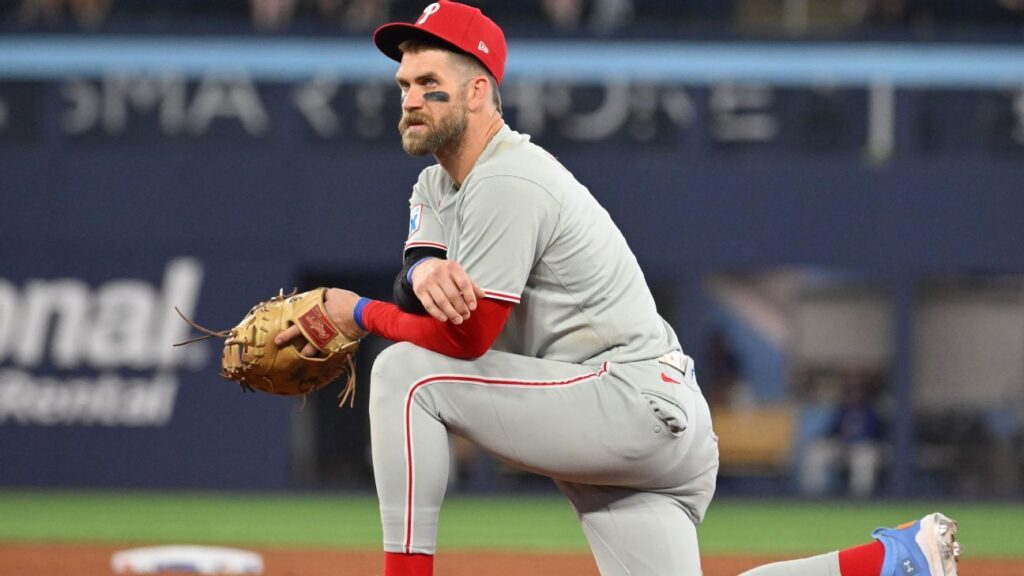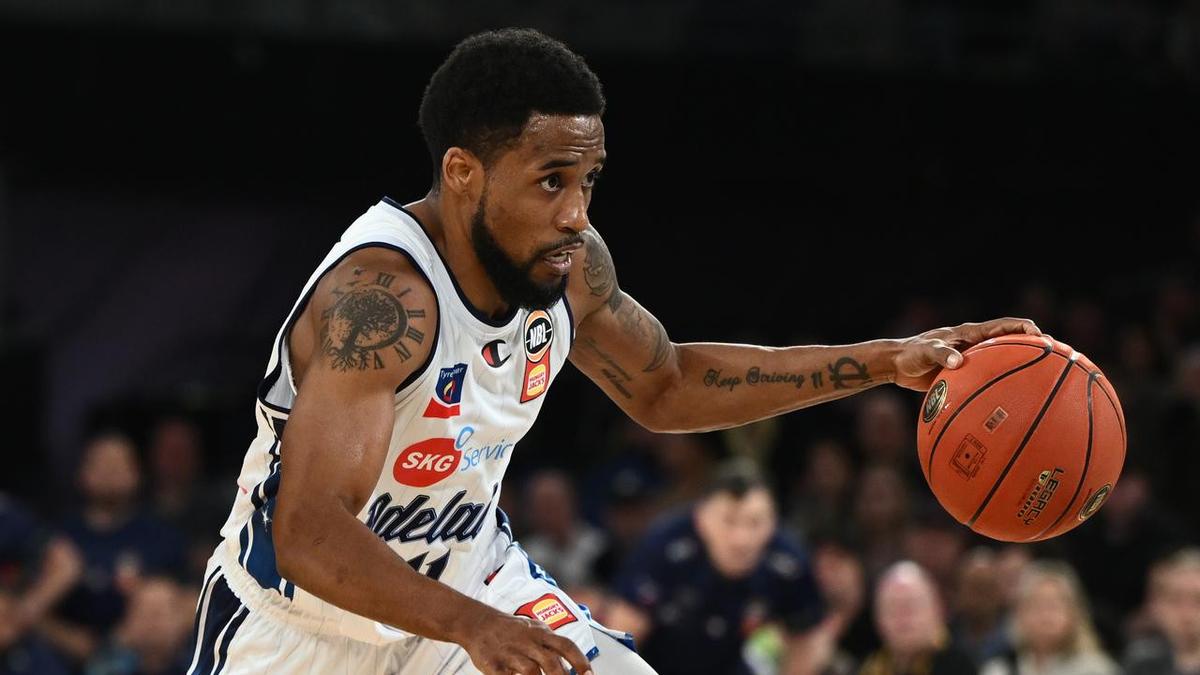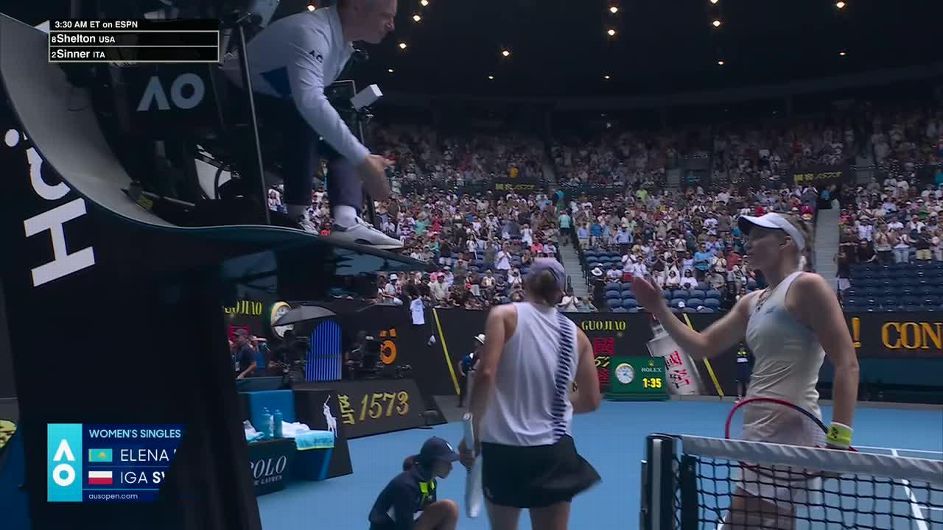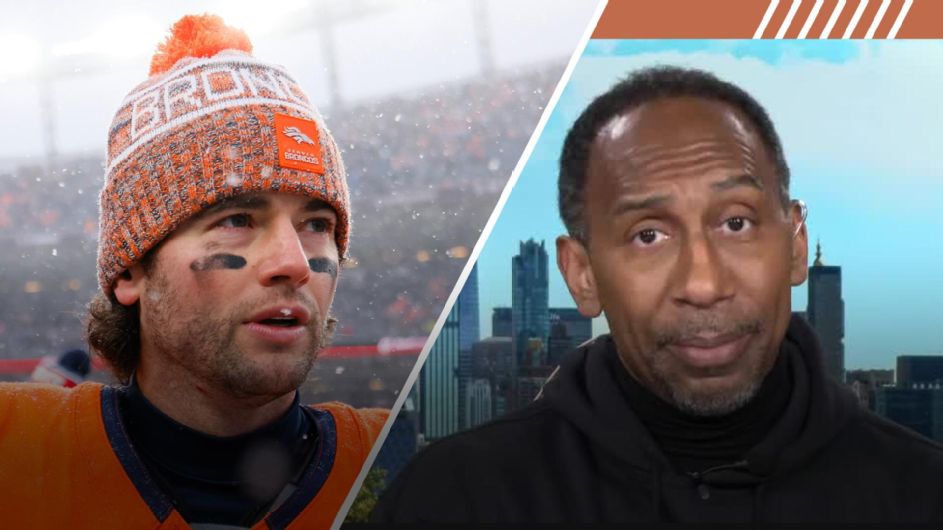
Major League Baseball (MLB) commissioner Rob Manfred faced a heated confrontation with Philadelphia Phillies star Bryce Harper during a recent meeting, where discussions about a potential salary cap escalated tensions between players and league officials. According to sources familiar with the encounter, Harper challenged Manfred directly, insisting he “get the f— out of our clubhouse” if he intended to discuss the controversial topic.
The meeting, part of Manfred’s annual outreach to each team’s players, lasted over an hour and covered a variety of issues, but the economic aspects of the game took center stage. Although Manfred did not explicitly mention a salary cap, the discussions surrounding MLB’s financial structure provoked Harper, a two-time National League MVP and one of the league’s most influential figures.
As the expiration of the collective bargaining agreement between MLB and the MLB Players Association approaches on December 1, 2026, the idea of a salary cap has gained traction among some team owners. MLB stands as the only major North American men’s sport without such a cap. The players’ union has strongly opposed the concept, arguing that it mainly serves to inflate franchise values rather than address the disparities between high- and low-spending teams.
Harper’s frustration became evident as he sat with a bat in hand, prompting him to express that players “are not scared to lose 162 games” if a cap were to be imposed. Stand-offish and assertive, Harper stood up and confronted Manfred directly, stating, “If you want to speak about that, you can get the f— out of our clubhouse.” Manfred reportedly responded, emphasizing the necessity of discussing threats to the business of baseball and methods for its expansion.
In a bid to ease the tension, veteran outfielder Nick Castellanos intervened, suggesting he had more questions to ask. Following the confrontation, both Harper and Manfred shook hands, though Harper declined to take Manfred’s calls the following day. Castellanos later described the exchange as “pretty intense” and indicative of Harper’s passionate nature, noting that such confrontations are typical for him.
When approached for comment, Harper did not respond, while Manfred deferred inquiries through a league spokesperson. Harper, who is represented by agent Scott Boras, has previously been reticent on labor issues but recently encapsulated the players’ viewpoint regarding the salary cap. During the All-Star Game in Atlanta earlier this month, Tony Clark, executive director of the MLBPA, described salary caps as “institutionalized collusion,” asserting that such measures are not necessary for the growth of the game.
The meeting with the Phillies, which included discussions on various topics, was overshadowed by looming contract negotiations and concerns over potential work stoppages as the expiration date of the current agreement approaches. Castellanos remarked that Manfred’s mention of a lockout two years before the agreement’s expiration was alarming, likening it to a divorce threat in a marriage.
Despite not formally committing to a salary cap, several MLB owners have voiced dissatisfaction with the current economic landscape and hinted at the cap as a solution. The disparity in payrolls, particularly between the highest-spending team, the Los Angeles Dodgers at over $400 million, and the lowest, the Miami Marlins at just under $86 million, has fueled public discourse on the issue.
Players across various teams have utilized their meetings with Manfred to address concerns regarding payroll spending and economic fairness. As MLB generated over $12 billion in revenue last year, Castellanos emphasized the importance of understanding the league’s business model. He noted, “We don’t really know that much about it,” underscoring the necessity for education among players regarding the intricacies of MLB’s operations.
With the looming potential for significant changes within the league, both players and management face a critical juncture in their relationship. Castellanos articulated a mutual desire to avoid a work stoppage, stating, “Not the players, not the league.” As discussions continue, the path forward for MLB remains uncertain, with economic issues at the forefront of ongoing negotiations.







